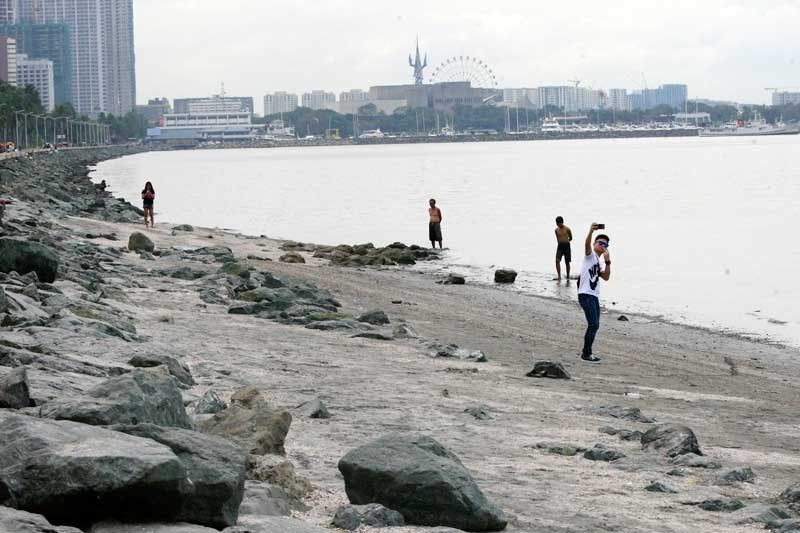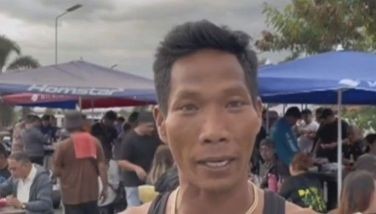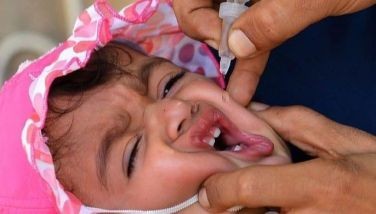Manila Baywatch launched

MANILA, Philippines — Around 200 leaders and members of fisherfolk, urban poor, women and environmental groups yesterday launched Manila Baywatch, a watchdog alliance that aims to monitor developments in the government’s rehabilitation and reclamation programs for Manila Bay.
“Genuine rehabilitation for Manila Bay should be building livable housing for waterway and coastal communities, not threatening them with de facto eviction. Manila Bay’s waters should be restored fit for fisherfolk, not for destructive land reclamation,” said Leon Dulce, national coordinator of Kalikasan People’s Network for the Environment and spokesperson for Manila Baywatch.
He said the alliance seeks to “use people power and science to ensure that Manila Bay’s rehabilitation program is held accountable to the highest environmental and human-rights standards.”
The launch, held at the Malate Church, came on the heels of President Duterte’s issuance of Administrative Order 16, which formed an inter-agency task force to implement the Manila Bay rehabilitation program.
Dulce said AO 16 is focused on relocating communities and has “little to no plan” to protect watershed and coastal ecosystems.
“Around 50,000 to 110,000 families may be left homeless given how the allocated funds for relocating informal settlers is grossly insufficient,” he said.
Dulce noted that P36 billion was allotted for the relocation of the targeted 236,000 informal settler families, or P156,521 per ISF.
Various government estimates on relocation costs per family range from P200,000 to P300,000, he said. This means only 120,000 to 180,000 families will be able to avail of resettlement.
Dulce said only P7 billion is allocated for the cleanup, “with zero allocation for conserving fisheries and restoring ecosystems.”
He claimed that many suspect that “Duterte’s deprioritization of restoring coastal and marine landscapes is due to destructive reclamation projects expected to conflict with these areas that should have long been declared protected.”
The group also alleged that at least 25 reclamation projects covering 28,647 hectares of foreshore areas in Manila Bay are in varying stages of application, approval and development.
“Manila Bay’s rehabilitation is long overdue but we will not let it be a pretext for widespread evictions and reclamations. We will crowd-source citizen science from communities in Bataan down to Cavite to push for genuine rehab solutions, and strengthen the basis of our opposition to reclamation projects,” Dulce said.
Apart from the Kalikasan, the alliance was initiated by national organizations Center for Environmental Concerns-Philippines, Pambansang Lakas ng Kilusang Mamamalakaya, Kalipunan ng Damayang Mahihirap, Gabriela and Climate Change Network for Community-based Initiatives; regional groups Nilad Metro Manila and Akap Ka Manila Bay; and local people’s organizations Alyansa ng Mandaragat sa Bacoor, Baseco People’s Alliance, Save Freedom Island Movement, Save Laguna Lake Movement and Alliance for Stewardship and Authentic Progress.
- Latest
- Trending
























